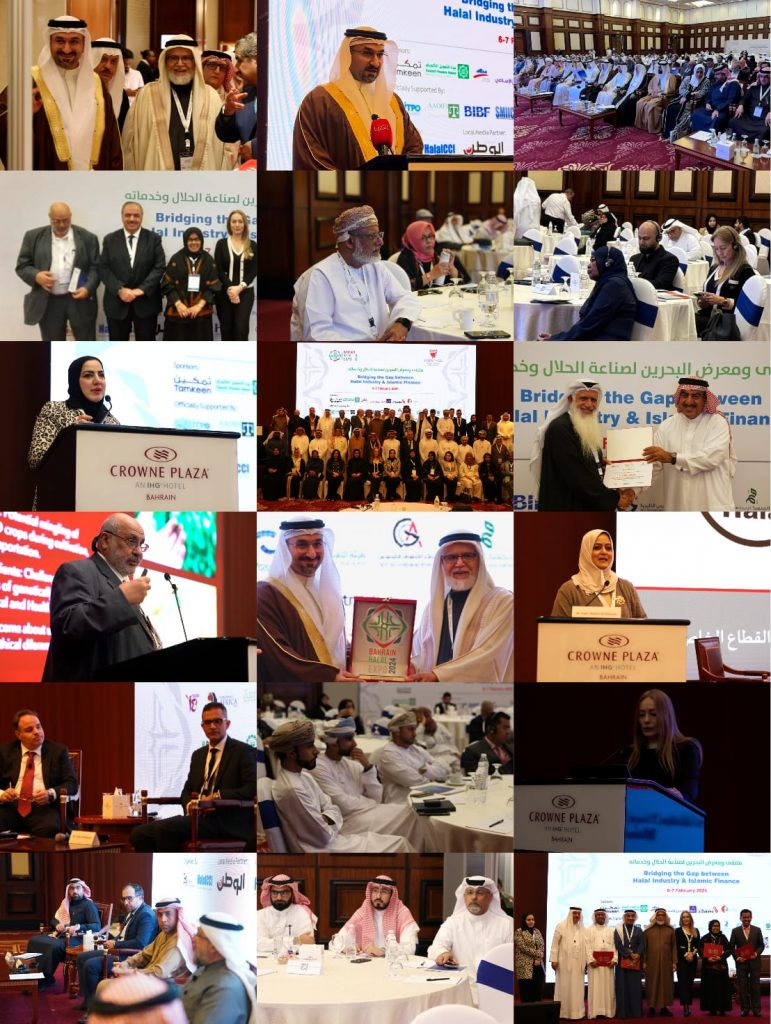By Rushdi Siddiqui, Special to Gulf News
Need to revisit branding and perception for better sense of reality
If perception is reality, then we need to look at the misperceptions of Islamic finance. There are a number of myths about this niche market, and, taking a cue from a programme called ‘Mythbusters,’ we need to review some of them for plausibility, amendment or more information necessary.
Myth 1: Islamic finance is only for Muslims. The way Islamic banks market and promote their product and services, primary emphasis on Sharia compliance, gives the impression to non-Muslims that its not for them. Plausible.
Myth 2: There is no difference between Islamic and conventional finance. If Islamic products are comparable to conventional on investing (returns), financing (costs) or insurance (de-mutualised), then its market efficient. What makes Islamic finance ethical is what happens when things ‘go bad,’ i.e., mortgagee defaults, the question of ‘what’s the difference,’ needs to be articulated. Amend.
Myth 3: There is no link between Islamic and Riba based finance. Islamic fin-ancing contracts, Murabaha, Sukuk, Syndicated Loans, etc., are tied to Libor or Treasury, hence, usually a premium cost of capital (due to risk inefficiencies) above the ‘risk free’ rate. The credit crisis exposed Islamic banks link to external macro-environment of liquidity and confidence crisis. Amend.
Myth 4: There is a link between price of oil and growth of Islamic finance. However, Malaysia has been growing Islamic finance, nearly 20 per cent of banking, and it has the largest sukuk market, important element of ICM, for issues, listing, and secondary market. Amend.
Myth 5: If there is standardisation, more scholars and qualified people, liquidity and risk management then Islamic finance will grow to its potential. However, information search cost is very high on products, structures, scholars, etc., combined with lack of connectivity of the 400 plus institutions operating, at best, in an over the counter market platform with bi-lateral price discovery and liquidity. Amend.
Myth 6: Islamic finance has honestly ignored the $640 billion halal industry as it does not understand the business model or its financial needs, which may be too small. There are a number of publicly listed halal companies from Muslim world, 246 with size of $100 billion (second quarter 2010, IdealRatings), yet a number fail the Sharia screening because of excessive conventional debt. Thus, can it be said Islamic finance is pushing halal industry to Riba based financing? Plausible.
Myth 7: If an Islamic finance industry body is housed in an Islamic finance hub, it raises the profile of the said country for Islamic finance. It is well known AAOIFI, IIFM, IIRA, and CBAFI are based in Bahrain, and IFSB and now IILM are based in Malaysia, and both are seen as leaders in Islamic finance. Does the industry need more industry bodies? Yes, including an Islamic alternate dispute resolution centre, hence, insights for G20 countries France, UK, Canada, Australia, South Korea, etc., that have planted the flag of Islamic finance hub. Plausible.
Myth 8: Islamic finance/banking, due to its ethical nature, takes the environment into consideration when financing real estate infrastructure projects. However, to date, not one Islamic bank is signatory to the Climate, Carbon or Equator Principles. Amend.
Myth 9: Present day Sharia compliant equity indexes, as leading financial market indicators, give a pulse of the health of Islamic finance. The Sharia screening results in bias towards G20 countries (85 per cent market cap weighting) three economic sectors, technology, oil/gas and healthcare, and firms likes Microsoft, ExxonMobil, and Pfizer. These types of companies make up bulk of today’s Islamic funds, hence, Islamic indexes measure investment flow indicators, i.e., Sharia compliant capital flight? Amend.
Myth 10: There is no major difference between Islamic finance as its practiced in Shia Iran and existing Sunni Islamic finance hubs of GCC and Malaysia. Lets remove the sanctions to the side, yet we do not see many Iran captains of the Islamic finance industry as speakers on the mainstream Islamic finance conference circuit, interviewed by media or winning awards. More Information needed.
The writer is Global Head of Islamic Finance at Thomson Reuters. The views expressed are his own and do not reflect that of his organisation or Gulf News.



